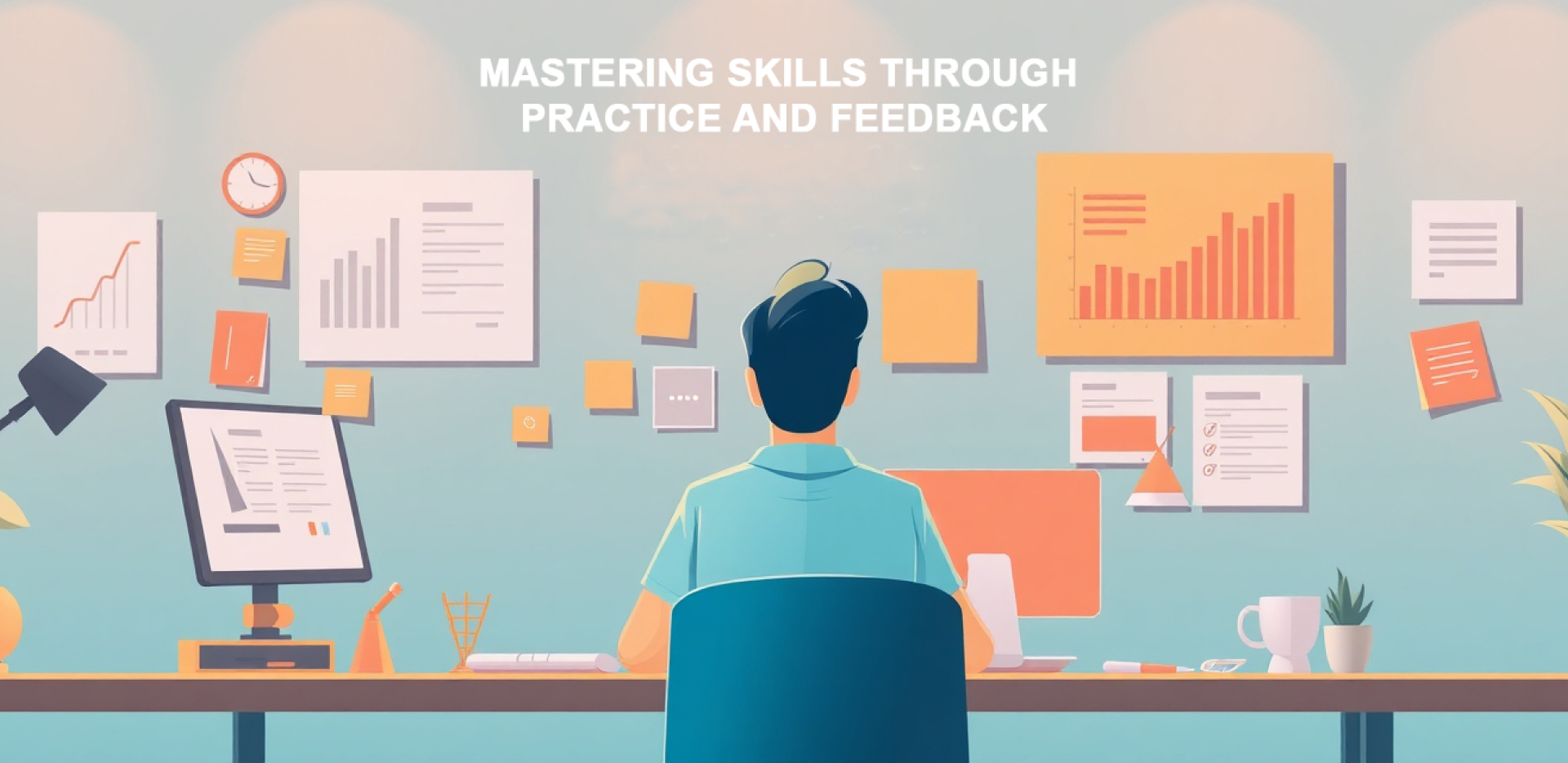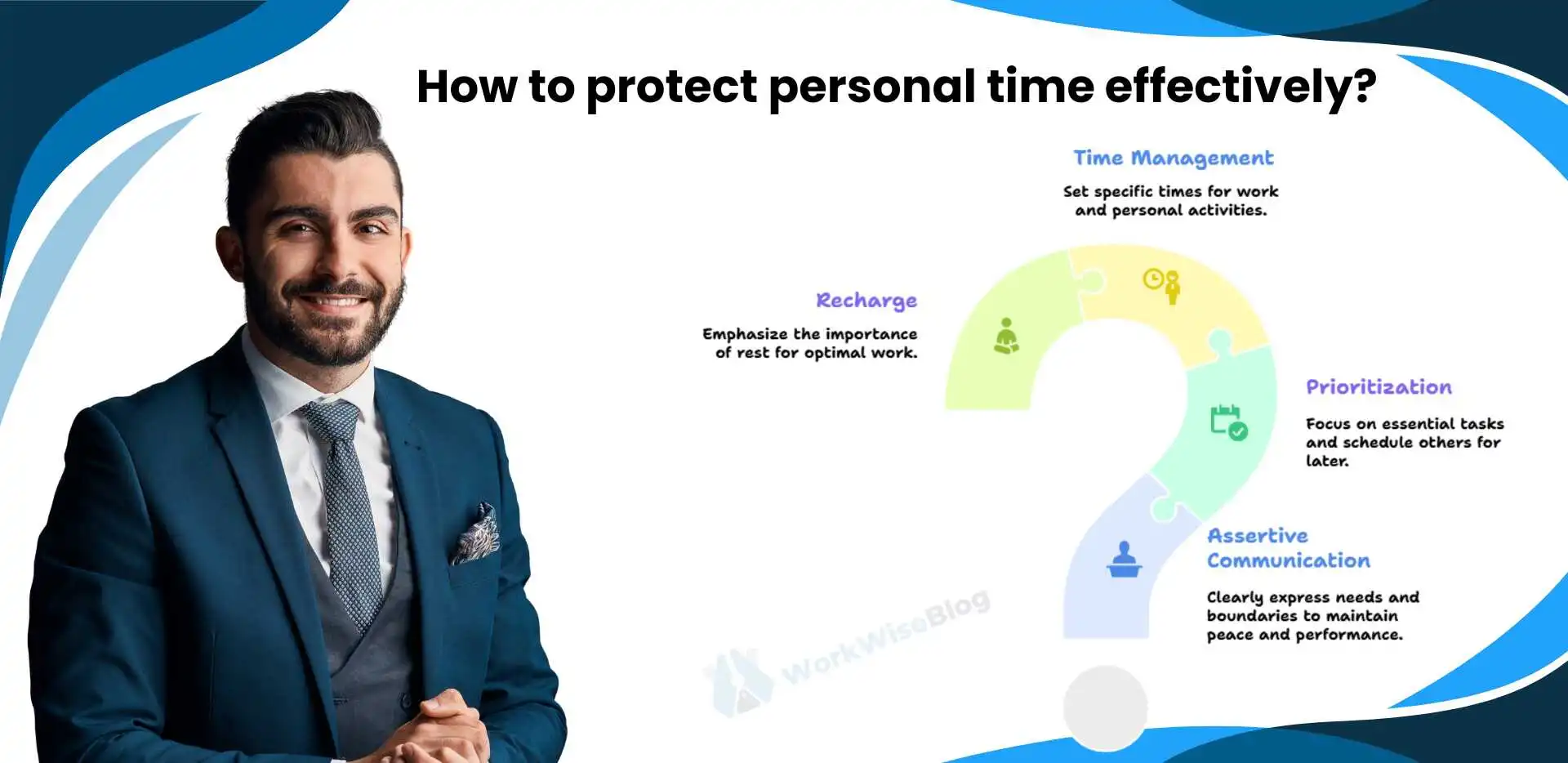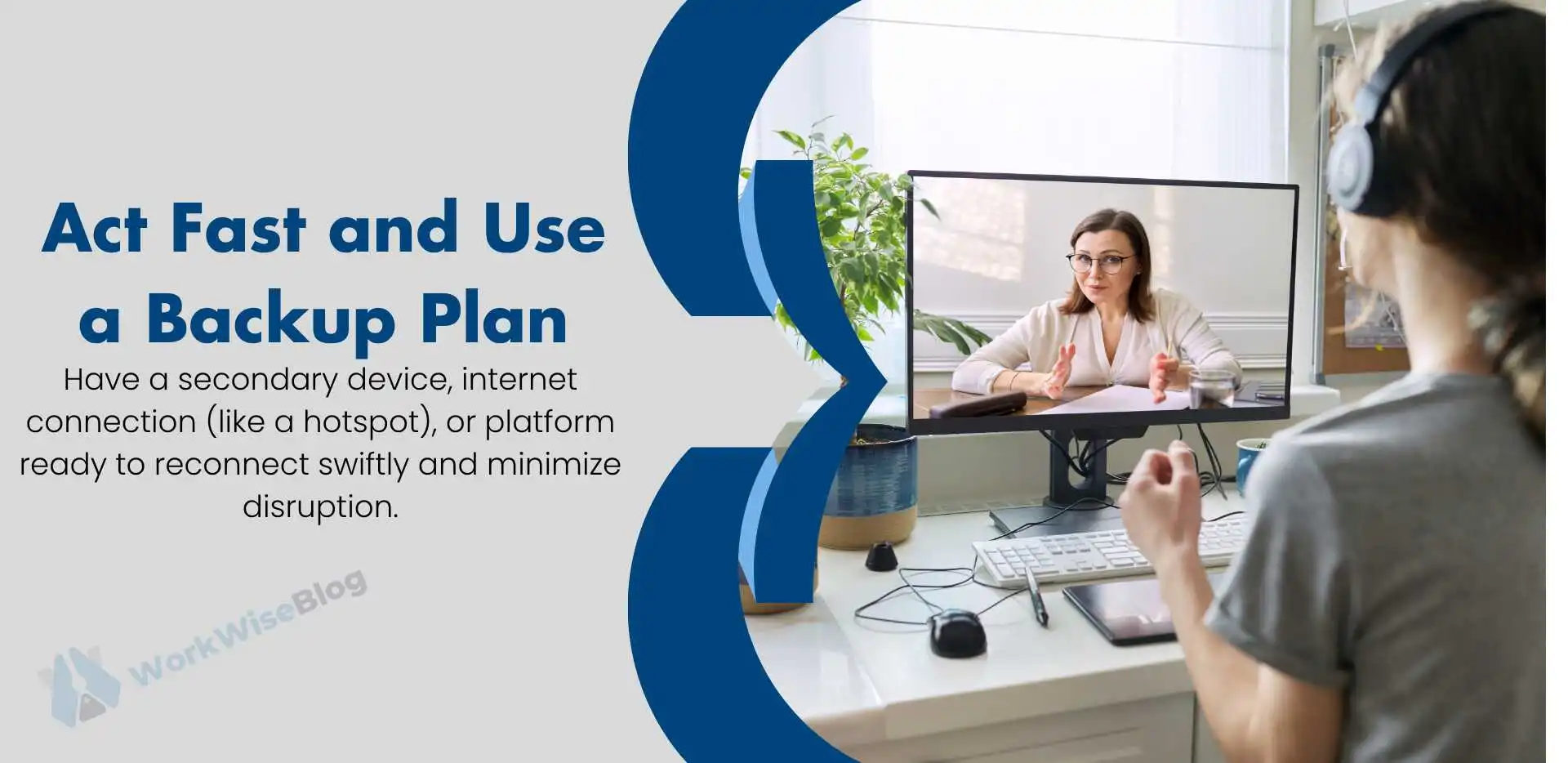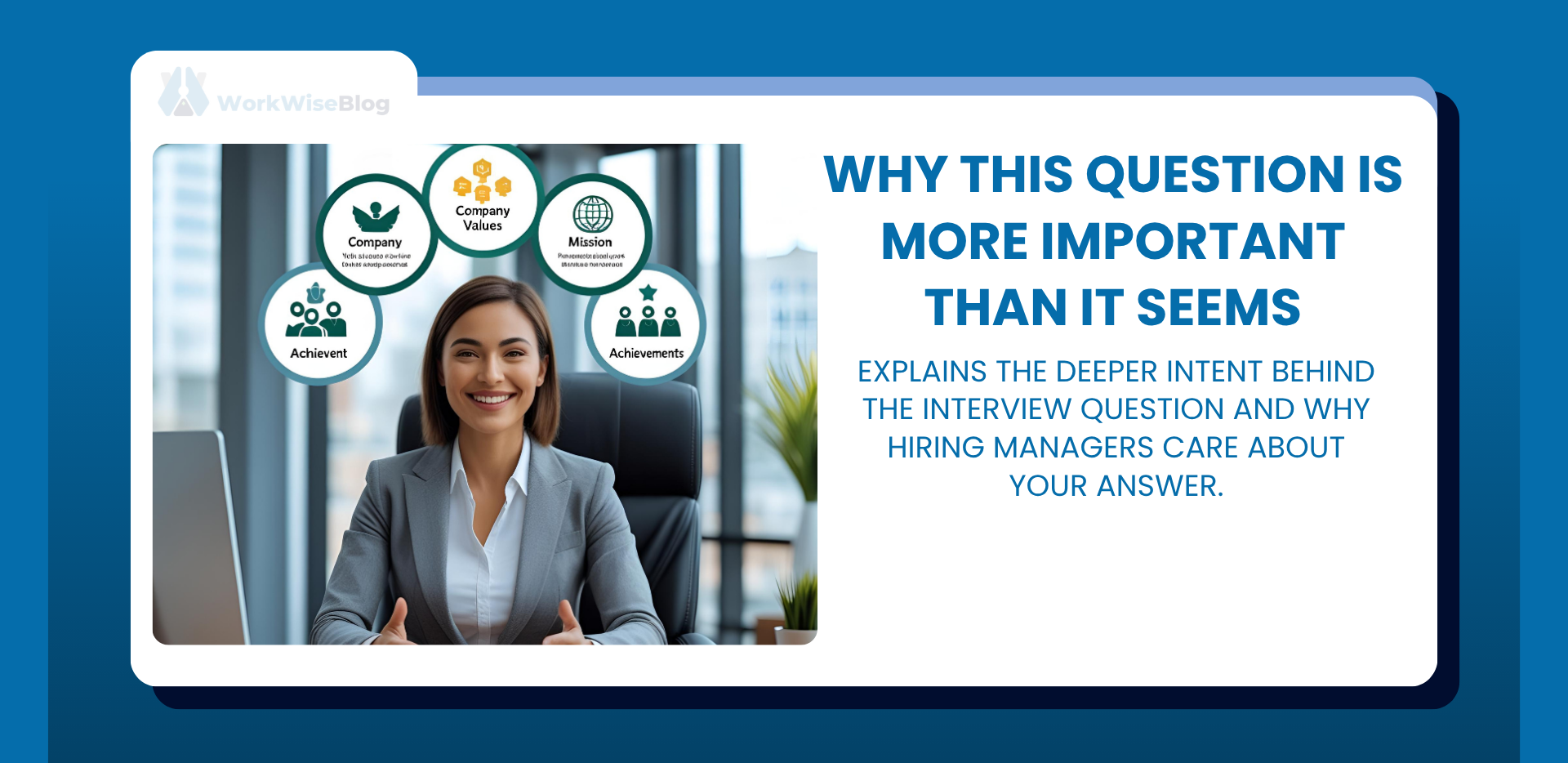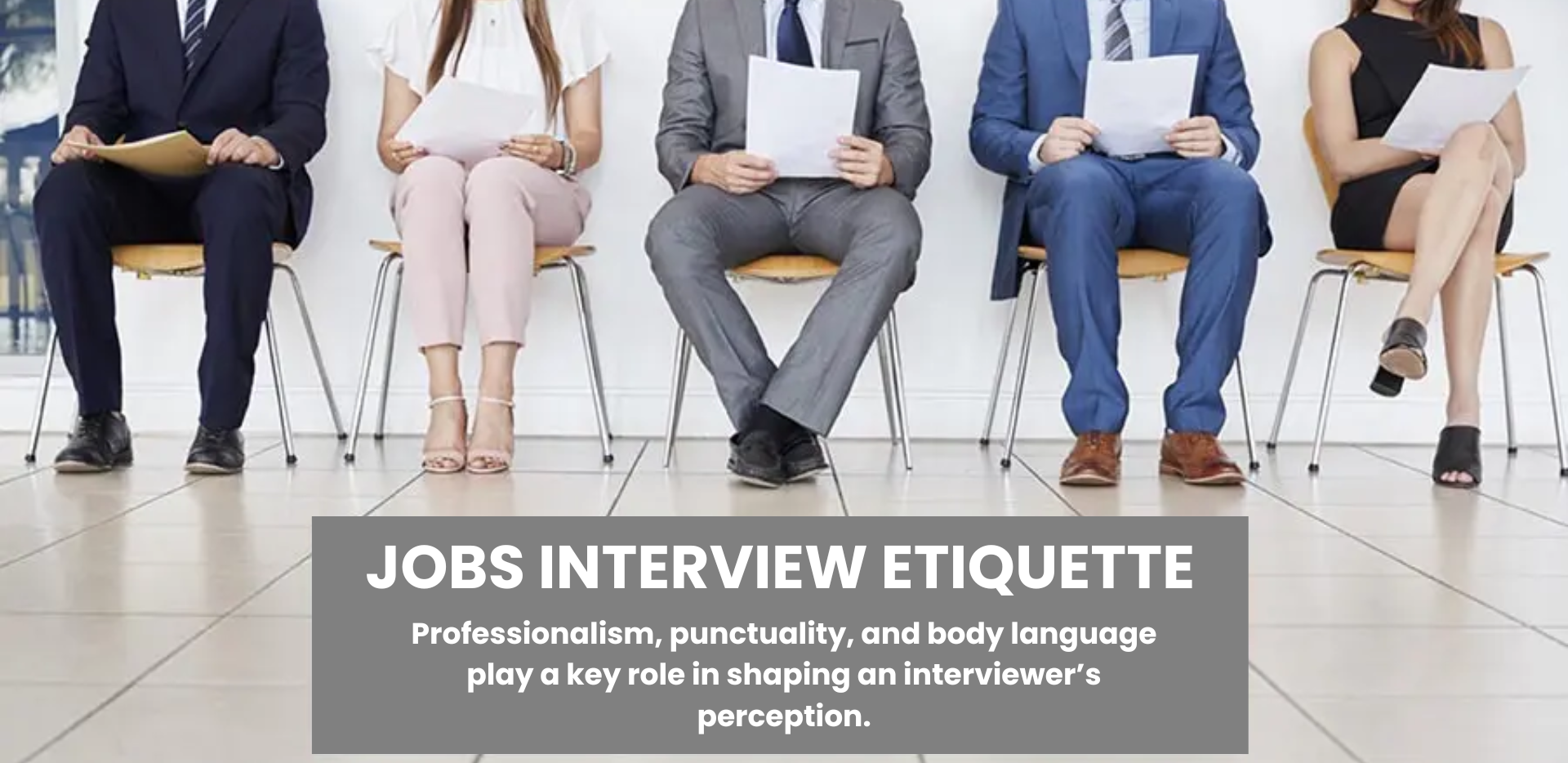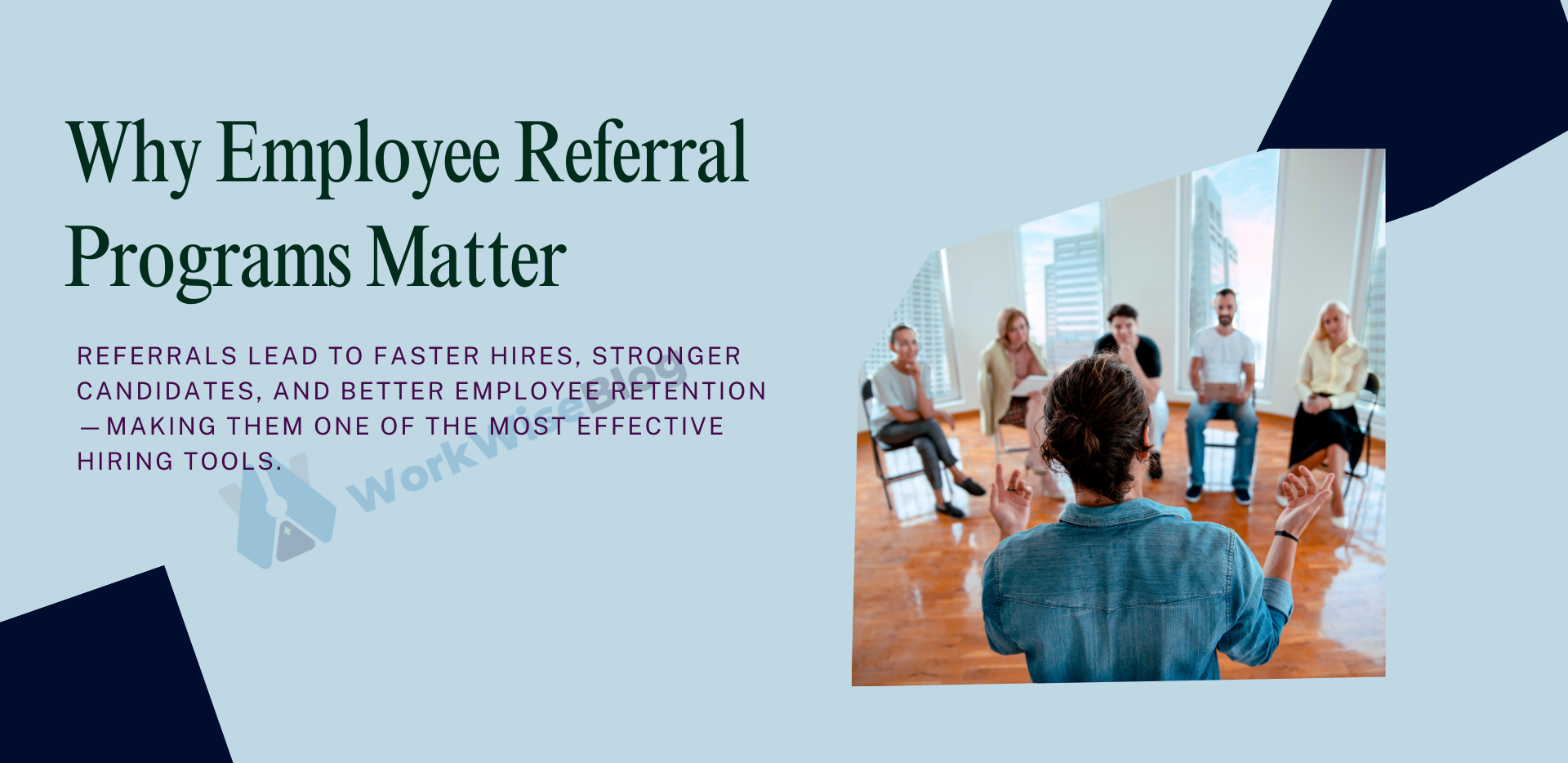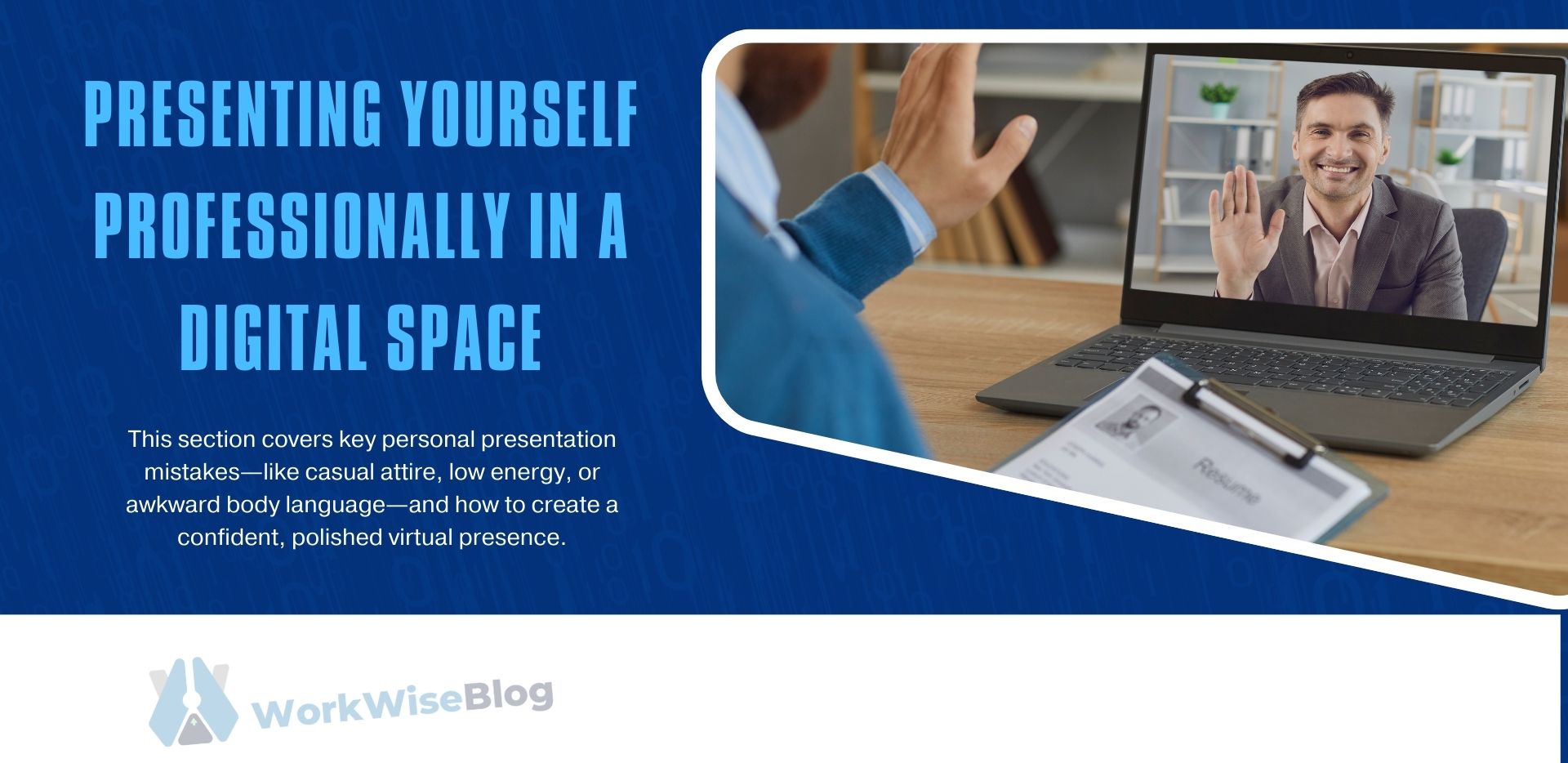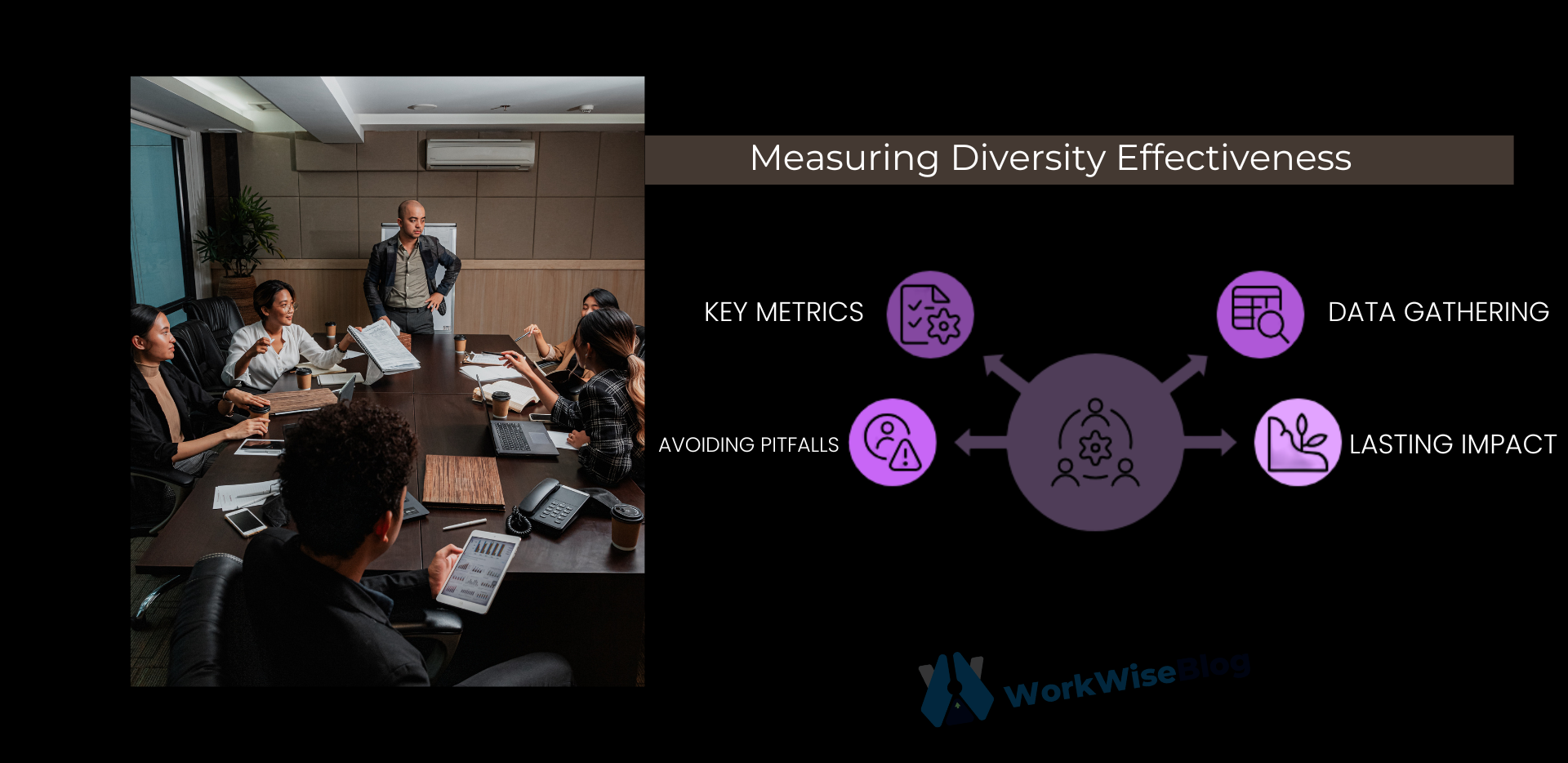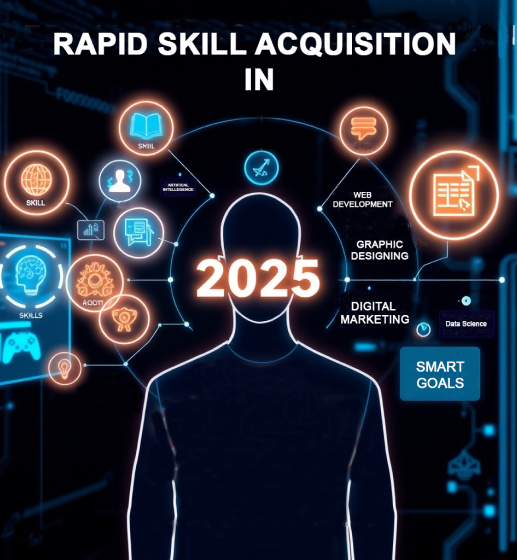
Embracing Change: The Key to Unlocking New Career Opportunities
The world is changing rapidly, and the key issue is that we are not upgrading ourselves or learning new skills. The faster we adopt new skills, the more career opportunities will open up.
Whether you want to improve your career, grow personally, or try something new, being able to learn fast can make a big difference.Luckily, you don’t need to spend years to became an expert in something. With focused and proven techniques, you can learn much faster than even.
A study conducted in the University of California, comes with the conclusion that the best way to learn is by focusing on the right things and using the right methods.
Now In 2025, you don’t have to wait decades to master a new skill, the developed technology, opportunities, ways, and different methods can help you learn in a fraction of the time.Thats why we are here to show you simple, proven strategies to help you learn new skills as quickly as possible.

Why Learning Skills Quickly is Important
According to PwC’s 2024 Global Workforce Survey, 77% of employees think learning new skills is key to their growth and job security. Because you heard that AI can kill be dangerous for your job or even kill your job. Exactly?
The issue today is not the development of AI technology, but rather the lack of progress on our own side. There is no upgrading, no growth. If you think about it, why would a company hire you if you offer outdated and expired knowledge? Who would need you? Why should they pay you?
This is why it’s crucial to continuously develop our skills. It’s essential to stay secure in our current roles and open up new career opportunities.
But how can we learn quickly without compromising on quality?
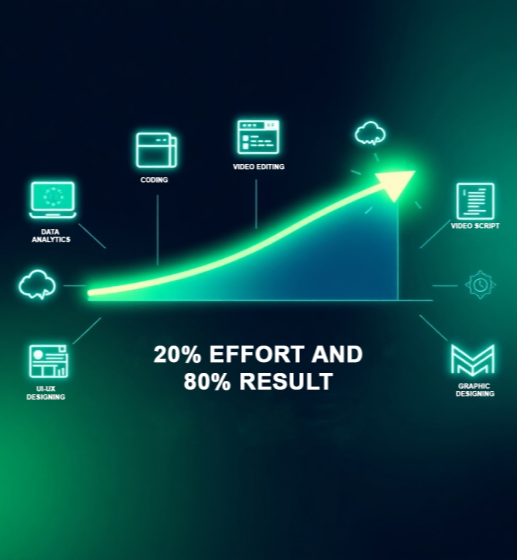
Key Factors for Learning Skills Quickly:
- Time Efficiency: You don’t need years to get good at something. Focused, smart practice can help you become competent in a short time.
- Practical Application: Using what you’ve learned is often more important than mastering every detail, especially in areas like coding, marketing, or design.
- Cognitive Science: Studies show that practicing intentionally and using what you’ve learned right away can help you get better faster.
By using the right learning methods, you can gain new skills faster and more effectively.

Step 1: Develop Clear Learning Objectives
Says of Dr. Barbara Oakley, an expert in learning techniques and author of A Mind for Numbers, that clear objectives create a roadmap that guides you through the learning journey.
The key is to unlock a quicker and fast learning brain lock is to set a clear goal, setting specific, measurable, and realistic goals will help you stay on track and prevent you from veering off course.
SMART Goal Breakdown:
- Specific: What exactly do you want to achieve? For example, learning basic conversational Spanish for travel.
- Measurable: How will you know when you’ve succeeded? You might aim to have a 5-minute conversation in Spanish.
- Achievable: Is it realistic to learn 5-minute conversational Spanish in 20 hours? With focused practice, yes.
- Relevant: How does this skill tie into your personal or professional life? It could help you expand your business into Spanish-speaking markets.
- Time-bound: Can you realistically achieve this within 20 hours? Yes, by committing to consistent practice.
Setting clear goals makes your learning process more structured and purposeful, ensuring you don’t waste time on irrelevant tasks.
Step 2: Focus on Core Components of the Skill
Ok let’s talk about the Pareto Principle (also known as the 80/20 rule)? states that 80% of results come from 20% of the effort. Remember why billionaires are the billionaires?
Yes it’s important to focused on a skill core areas, and focusing on these can give you the most return on your time investment, For example, learning Coding, core areas might include understanding basic syntax, variables, and loops. Mastering these fundamentals allows you to build more complex applications later. On the other hand, unnecessary knowledge, like advanced debugging techniques, can be put off until later.
Example: Learning Video Editing
Key components might include:
- Understanding the video timeline interface
- Learning how to trim and splice clips
- Mastering basic transitions and effects By focusing on these core aspects, you can start editing videos much faster than attempting to learn all of the advanced features.
Step 3: Leverage Quality Resources
The quality and correct resources are really important When it comes to learning way fastly and deeply, selecting the right resources can lead you to take time in your hands. Tony Buzan, a leading mind mapping expert, “choosing resources that align with your learning style can drastically improve your retention rate”. Fortunately, there’s no shortage of high-quality tools available online in 2025.
Types of Resources:
- Books: Great for in-depth understanding of theoretical concepts.
- Online Courses: Platforms like Coursera, Udemy, and Skillshare offer well-structured courses with practical exercises.
- Apps: Interactive learning platforms like Duolingo for language learning or Codecademy for coding provide an engaging way to practice.
- Video Tutorials: Websites like YouTube offer free, detailed tutorials, perfect for hands-on learners.
Expert advice suggests that combining multiple formats (e.g., courses and video tutorials) ensures deeper understanding and faster application.
Step 4: Put an end to distractions and schedule concentrated practice time
According to Cal Newport, a deep work specialist, you may significantly speed up your learning process by establishing areas free from distractions.
Successful Techniques for Concentration:
- Time blocking: Set aside particular times of the day for concentrated learning.
- Employ Focus Tools: You may avoid social media and other distractions by using apps like Forest.
- Create a Space for Learning: Set aside a particular space in your house or workplace for studying in order to mentally get ready for concentrated work.
Step 5: Apply What You Learn Right Away
Cognitive scientists like Anders Ericsson contend that applying knowledge right away is the best method for speedy learning. Your brain can process knowledge more quickly the more you practise. Applying what you’ve learnt to real-world situations speeds up the process of acquiring a skill, according to Ericsson’s studies on intentional practice.
Example: Don’t merely read recipes if you’re learning to cook. Try them out right now. This practical method makes learning lot more fun and helps you remember what you’ve learnt.
Step 6: Get Input and Make Adjustments
Loops of feedback are necessary for progress. According to Harvard Business Review research, students who actively seek out and act upon feedback make far faster development. Feedback, whether from mentors, peers, or self-evaluation, aids in pinpointing your areas of improvement.
Step 7: Monitor Your Development and Honour Significant Events
Progress tracking is a strong incentive. The author of Atomic Habits, James Clear, stresses the value of keeping momentum by visualising progress. Record your learning experiences in a notebook, highlight your progress, and acknowledge your accomplishments.
- Milestones to Monitor: Reaching significant benchmarks, such as writing the first piece of code or having a conversation in a foreign language.
- hours devoted to development and practice.
- Feedback and self-evaluations were obtained.
Rewarding yourself for minor accomplishments helps keep you motivated, which is essential for quick learning.
Skills You Can Learn Quickly in 2025
In 2025, many skills can be learned in just a few hours of practice:
- Artificial Intelligence (AI) & Machine Learning
- Data Science & Analytics
- Cybersecurity
- Cloud Computing (AWS, Azure, Google Cloud)
- Web Development (HTML, CSS, JavaScript, React)
- Digital Marketing (SEO, content creation, social media marketing, PPC)
- UX/UI Design
- Software Development (Python, Java, JavaScript)
- Blockchain Technology
- DevOps Engineering
- Remote Collaboration Tools (Slack, Zoom, Microsoft Teams)
- Quantum Computing
- Augmented Reality (AR) & Virtual Reality (VR)
- Video Content Creation (video production, editing, storytelling)
- Renewable Energy Technologies (solar, wind, sustainable design)
- Robotics & Automation
- Natural Language Processing (NLP)
- Health Tech (telemedicine, digital health platforms, AI in healthcare)
FAQs
What are the best skills to learn in 2025?
Skills in AI, data analysis, digital marketing, and coding are highly sought after. Additionally, soft skills like communication and emotional intelligence remain invaluable.
Which skill will be most required by 2025?
AI-related skills, cloud computing, and cybersecurity will be in high demand, along with proficiency in problem-solving and adaptability.
How do you approach learning new skills?
Start with a clear goal, find reliable resources, practice consistently, and seek feedback to refine your learning process.
Which is the top skill that will be in demand for the next 5 years?
Data analysis, AI development, and blockchain technology are expected to dominate the job market.
Which freelancing skill is in demand in 2025?
Freelancing skills like web development, graphic design, content writing, and digital marketing will continue to thrive.
Conclusion
In 2025, learning doesn’t need to be a long, drawn-out process. By using modern strategies and focusing on the most impactful elements of a skill, you can acquire new skills rapidly and effectively. Don’t wait for the “perfect time” to start—commit to 20 hours of focused practice and set yourself up for success.
What skill will you choose to master in 2024? Starting now will be the answer so that we can see you at the top of the world, and see how quickly you can progress.

